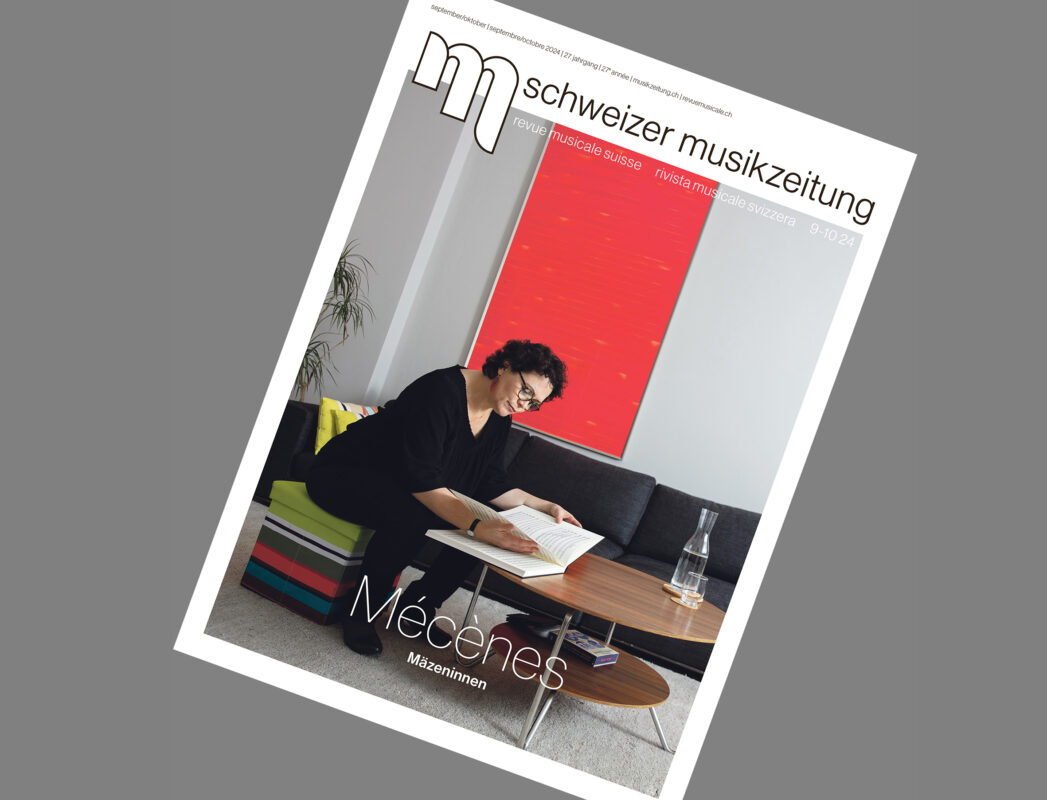Waiting for the future
In musical thought, waiting is one of the most fertile concepts for both speculative imagination and technical argumentation. The fundamental notion of interruption - without it, the instruments of a score would all be constantly playing, producing an indefinable cacophony - leads directly to waiting; just as the idea of stasis - when there is no development - leads back to the very essence of waiting. Finally, the need to pause - indispensable for physical and agogic breathing - also contains waiting at its core. We cannot change it: The need to wait is inscribed in the very essence of music.
In addition to these - most important and most frequent - considerations on the subject of waiting in music, we can also imagine another kind of waiting. What we have just mentioned is of a technical, formal and synchronous nature (i.e. relating to content that does not change over time). But there is also something diachronic about waiting that reflects the forces of human development and relates to the ages of human culture. In this sense, waiting is also expectation, hope and perspective. It can express itself as fear or uncertainty, but also as trust. It is fundamentally about the future: waiting also means assessing our relationship to a possible future.
"If noise is always violence, music is always prophecy: by listening, we can anticipate the future of society." This is what the French economist, essayist and banker Jacques Attali wrote a few years ago in Bruits. Essai sur l'économie politique de la musique. And even if this idea does not seem very concrete, it is the one that gives music back the cultural responsibility in the broader sense that it should never shirk: How can music be an expression of timeless realities? How can today's music transcend its temporality in order to identify a direction of development?
Unfortunately, the answer is disappointing, especially when we look at the leading institutions for the preservation of musical culture: The music academies indicate their intentions - at least in Latin - in their very names: 'conservatory' not 'innovatorium'. And the programs of the most important concert organizers reflect a need for expression that must have existed (at least) a hundred years ago. In these cases, the future inspires awe and dread; to expect it means anxiety and fear.
But the future is coming in any case. If it is not to overwhelm us, we must understand that musical culture will not be saved by the monumental preservation of values, content, forms and attitudes of the past, but by the fact that the possibility of music becoming culture remains something natural, as in times past, when it produced so many delicious fruits. Waiting - in a healthy, not frightened way - must turn dynamically and vividly towards the wonderful unknown that life has in store for us. Also in music.
Zeno Gabaglio
... is a musician and philosopher, President of the Ticino Sub-Commission for Music, jury member of the Swiss Music Prize and member of the SUISA Board.








